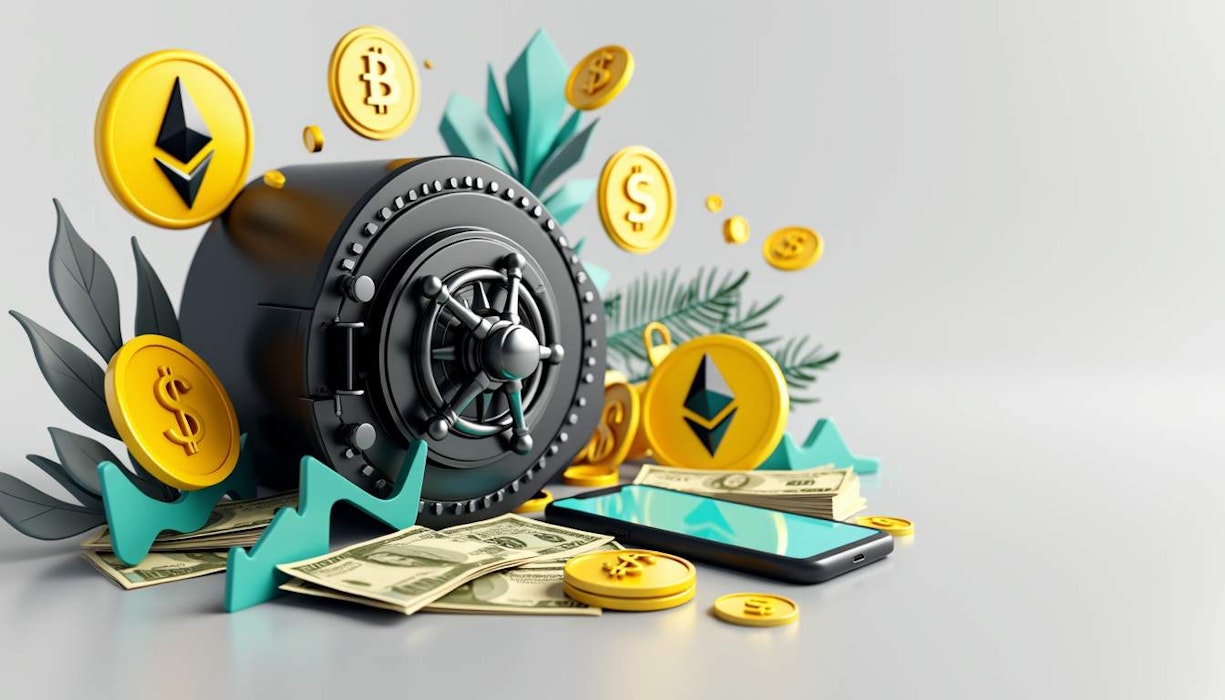It’s no secret that the crypto landscape is fraught with risks, and the recent hack of Vivek Ramaswamy's account serves as a painful reminder of just how fragile things can be. This breach didn’t just unleash a torrent of misinformation; it also saw the USUAL stablecoin's value rise uncomfortably fast. So, let’s unpack what this all means for the credibility of the cryptocurrency exchange market and why we need to be extra careful with our crypto wallet and exchange accounts.
The Onslaught of Exchange Hacks
When it comes to cyber currency exchanges, they seem to attract a lot of attention from hackers. The losses have been staggering, and trust in these digital currency platforms is on shaky ground. Think of the hacks on Ronin Network, Poly Network, FTX, and Binance. Each one showed just how vulnerable these systems are, leading to everything from huge financial losses to legal headaches. The aftermath? A serious hit to the credibility of these platforms and the cryptocurrency market as a whole.
Trust Takes a Hit
Once a hack happens, the damage is done. Trust in the cryptocurrency market platform gets eroded like sandcastles at high tide. Look at the Coincheck and Mt. Gox hacks. They lost a ton of money, and Mt. Gox even went belly up. User accounts frozen, compensation problems—every little thing adds to the doubt. People start looking for alternatives, wondering if their crypto online exchange is really as secure as it claims to be.
The Ramaswamy Incident: A Case Study
Let’s talk specifics. Reports came in that hackers got into the X account of Vivek Ramaswamy, co-lead of the newly-formed Department of Government Efficiency (D.O.G.E.). This attack sent false information flying and caused a market frenzy around the four-month-old USUAL stablecoin project.
False Claims Create Market Buzz
It all kicked off with a now-deleted post that was initially believed to be from Ramaswamy. The post claimed a “strategic partnership” between D.O.G.E. and USUAL that would supposedly help reduce the government's fiscal deficit.
“By integrating innovative financial solutions and enhancing the efficiency of governmental transactions, we believe that this partnership will not only promote fiscal responsibility but also foster greater financial inclusion,” the post said.
But wait, that post was taken down! Prominent fund manager James Fishback later said he spoke with Ramaswamy, who confirmed he’d been hacked and was locked out. "This is a scam", Fishback said, clearing the air.
But the false announcement did its job. The namedropping of USUAL sent the project's governance token soaring. It hit an all-time high (ATH) of $1.61 and pushed its market cap to nearly $745 million.
And just when you thought it couldn't get crazier, the token's trading volume hit $1.7 billion since yesterday. The spike in the crypto exchange markets came right after USUAL’s stablecoin, Usual USD (USD0), broke the billion-dollar mark.
What’s Next?
What’s really interesting here is that this hack has put D.O.G.E. in the spotlight. Ramaswamy is steering this initiative with Tesla CEO Elon Musk, and while they claim to be cutting bureaucratic red tape, the crypto community is buzzing with rumors of some sort of connection to digital currencies.
And yeah, we all know Musk loves DOGE, and his past comments have sent meme coin prices soaring. So, who knows what the hacker was hoping to gain?
As of now, Ramaswamy hasn't made any statements about the breach.
The Cybersecurity Imperative
This whole incident is a glaring reminder of how vital good cybersecurity is for crypto exchange accounts. We need to secure private keys, protect against malicious smart contracts, and ensure the integrity of data oracles. Collaborating with law enforcement and using tools like Chainalysis can help spot and stop suspicious activities, making it harder for hackers to succeed.
Summary: Building a Secure Future
In conclusion, hacking incidents leave a bruise on the credibility of cryptocurrency exchanges. They result in financial losses, legal troubles, and reputational issues. This just goes to show how important it is to have solid security measures in place and to be transparent with users. As the cryptocurrency market evolves, we can't afford to ignore the importance of cybersecurity.
